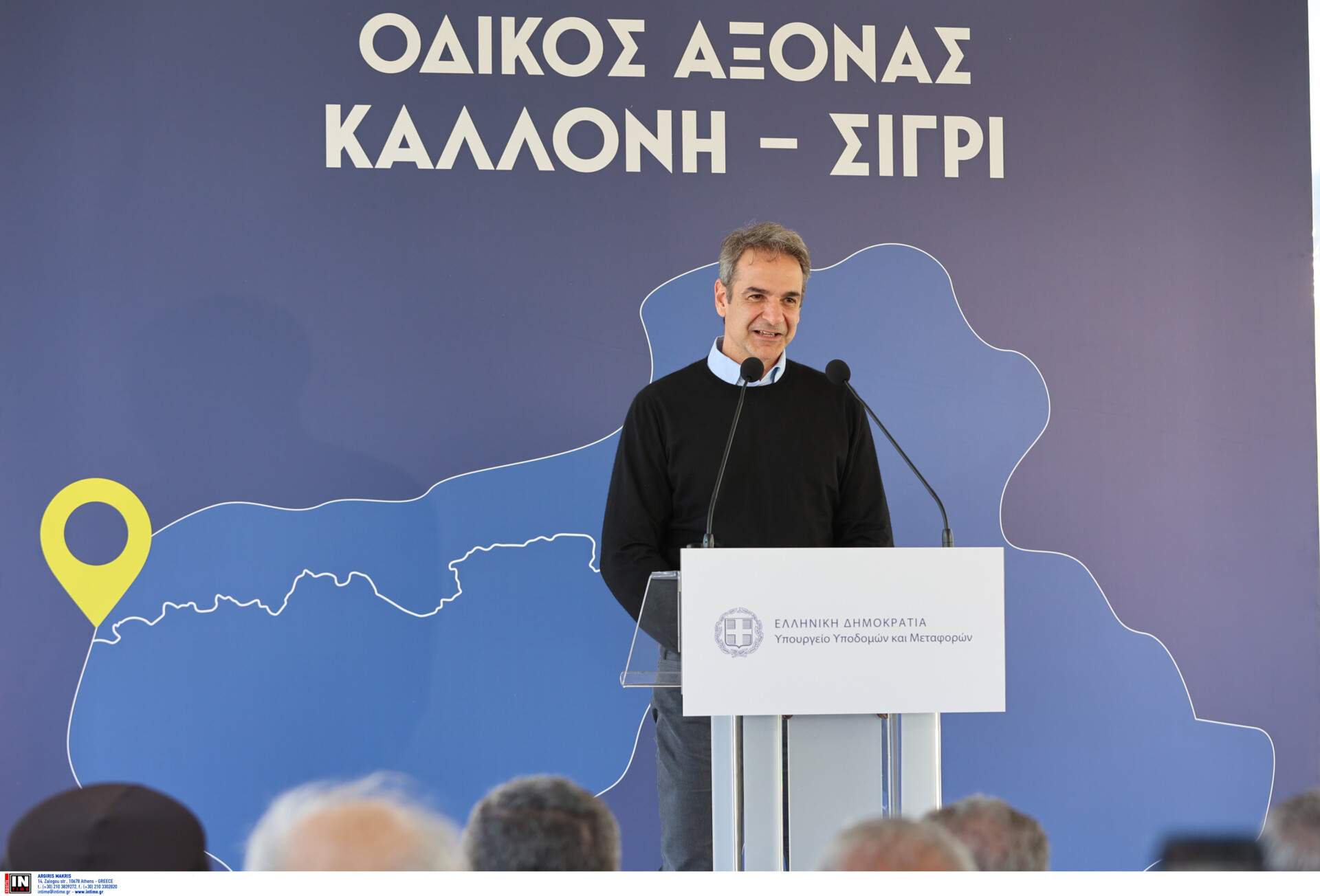“The Greek state bears a higher public debt burden compared to the EU average and is more oriented towards external and internal security rather than health and education. This did not change significantly during the crisis. The general reduction in expenses disproportionately affected those that were already low (such as health and education) and less or not at all those that were high (such as defense and public order,” according to the conclusions of the new analysis on Greek public spending conducted by the Institute for Alternative Policies (ENA).
More specifically, ENA analysis on public expenditures mentioned the following:
“Public expenditure serves various purposes, and the distinction between them is not always obvious. For this reason, the functional classification of government expenditures (Classification Of Functions Of Government – COFOG) has been developed, categorizing public expenditures based on the purposes they serve. There are 10 such functions, and the most recent data from Eurostat concerns 2021.
The interesting aspect highlighted by functional classification is the diversity in the political orientations of states regarding the direction of public resources. Each state faces different objective needs, has different priorities, and makes different fiscal choices. Therefore, it is useful to examine the data for Greece in relation to the European Union average.”
Public expenditures in Greece exceeded the EU average in general public services (mainly administrative services and public debt), economic affairs (such as energy and transportation), defense, public order, environmental protection (such as waste), and marginally in social protection (pensions and benefits). On the other hand, Greece lags behind in spending for housing and community amenities (such as water supply and housing policy), recreation and culture (such as sports and radio-television), health, and education. We can also observe the chronological evolution of the aforementioned categories since 1995 to assess the impact of the economic crisis during the period of 2010-18 on the distribution of Greece’s public expenditures, always in relation to the EU average. It is essential, of course, to consider the significant reduction in GDP that occurred during the aforementioned period, meaning that the change in the percentage of a category does not necessarily imply a change in absolute values but rather a faster or slower change in relation to the GDP change.”
“General Public Services consistently surpass the EU average, primarily due to public debt interest, which constitutes the largest part of the category. In the category of economic affairs, Greece is close to the EU average with some abrupt fluctuations. In the years 2012, 2013, and 2015, increases are attributed to bank recapitalizations, while in 2020 and 2021, they result from extraordinary expenses related to the pandemic, such as refundable advances, not classified under health expenditures.
The next two categories, defense and public order, are the ones that Greece systematically exceeds the EU average. In defense, the difference appears particularly significant (almost double the average) and covers the entire period, while in public order, the excess emerged during the crisis period and has been maintained since then. It seems that neither of the two categories was constrained during the crisis.
The situation is entirely different in the two spending categories where Greece consistently lags behind, namely, health and education. Expenditure in both categories has always been below the EU average, with health spending decreasing significantly during the crisis and beginning to recover after 2015, remaining, however, below the EU average. Education expenditure fell relatively less during the crisis but did not recover thereafter.
Finally, expenditure on social and environmental protection presents separate points of interest. Social protection is, in any case, the largest category of public spending, and Greece started from a much lower point compared to the EU and converged until shortly before the crisis. During the crisis, social protection expenditure did not decrease but stabilized, meaning that their (absolute) reduction was at the same rate as the GDP decrease. As far as environmental protection expenditure is concerned, it rose significantly in the early years of the crisis and remained high, almost double the EU average.”

 2 months ago
9
2 months ago
9






 Greek (GR) ·
Greek (GR) ·  English (US) ·
English (US) ·